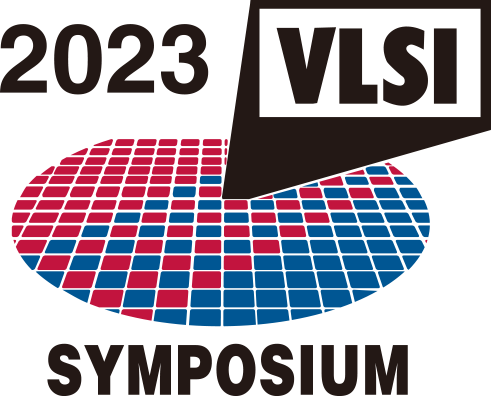Evening Panel Discussion 1
What is Scalable & Sustainable in the Next 25 Years? [Shunju I]
Organizers: M. Tada, NanoBridge Semiconductor, Inc.Organizers: S-C. Song, Google
Date & Time: 8:00P.M.-9:30P.M. on June 13
Moderator:
T. Yamamoto, Tokyo Electron Ltd.
About Tomonari Yamamoto
What is scalable & sustainable in the next 25 years?
Panelists:
A. Goda, Micron
About Akira Goda
D. Greenlaw, Google
About David Greenlaw
G. Yeap, TSMC
About Geoffrey Yeap
M. Chudzik, Applied Materials, Inc.
About Mike Chudzik
M. Na, SK Hynix Inc.
About Myung Hee Na
S. Samavedam, imec
About Sri Samavedam
Evening Panel Discussion 2
Can Universities Help to Revitalize the IC Design Industry? If So, How? [Suzaku I]
Organizers: T. Nezuka, MIRISE Technologies Corp.Organizers: S. Ho, MediaTek Inc.
Date & Time: 8:00P.M.-9:30P.M. on June 13
Moderator:
A. Abidi, Univ. of California, Los Angeles
About Asad Abidi
The semiconductor industry has undergone major contraction, consolidation, and has now entered geopolitics. Chips are viewed as commodities, mere platforms for high value software and data. The public seems no longer excited by the profession of microelectronics.
Panelists:
A. Matsuzawa, Tokyo Institute of Technology / Tech Idea
About Akira Matsuzawa
D. Friedman, IBM
About Daniel Friedman
Kenneth K. O, Univ. of Texas at Dallas
About Kenneth O
M. Choi, Samsung Electronics Co., Ltd.
About Michael Choi
M. Shulaker, MIT / ADI
About Max Shulaker
M-F. Chang, TSMC / NTHU
About Meng-Fan Chang
